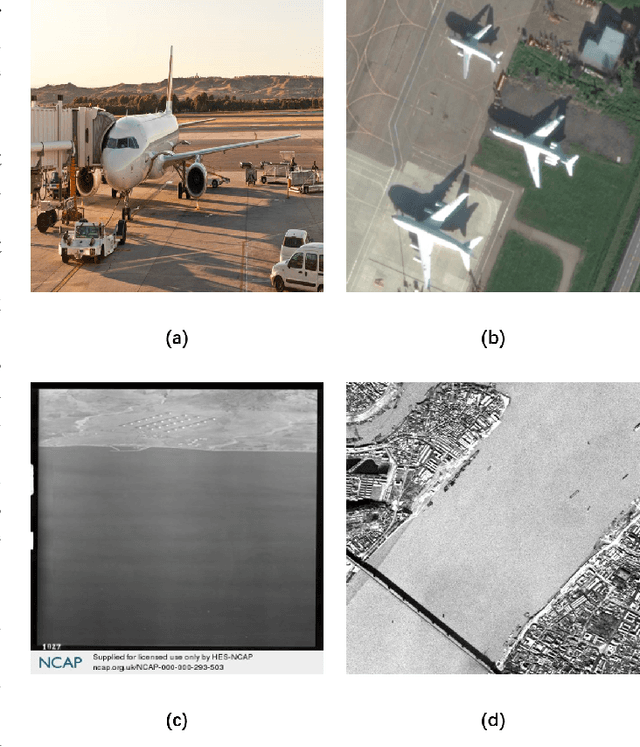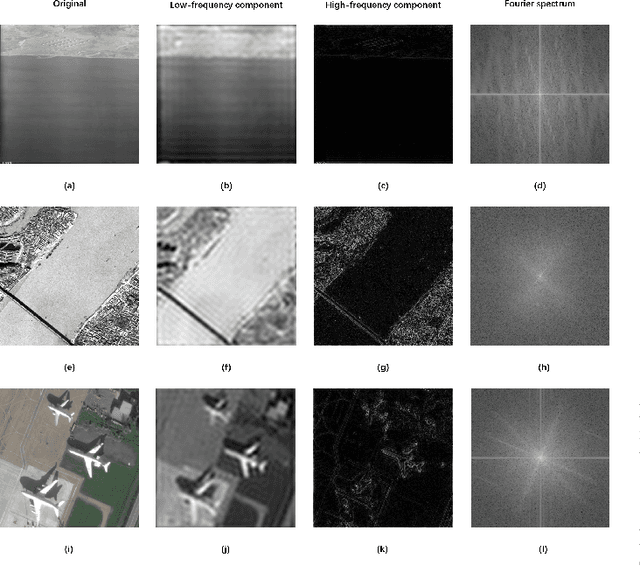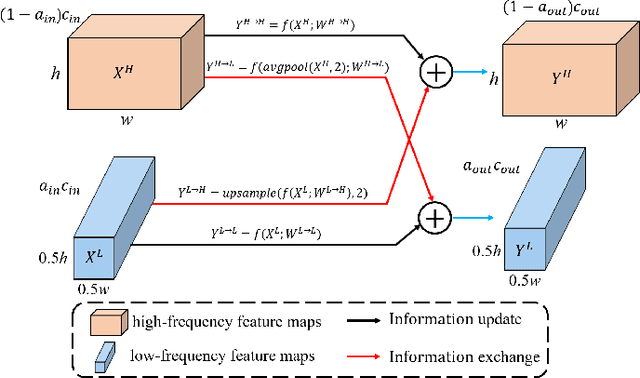Object Detection based on OcSaFPN in Aerial Images with Noise
Paper and Code
Dec 18, 2020



Taking the deep learning-based algorithms into account has become a crucial way to boost object detection performance in aerial images. While various neural network representations have been developed, previous works are still inefficient to investigate the noise-resilient performance, especially on aerial images with noise taken by the cameras with telephoto lenses, and most of the research is concentrated in the field of denoising. Of course, denoising usually requires an additional computational burden to obtain higher quality images, while noise-resilient is more of a description of the robustness of the network itself to different noises, which is an attribute of the algorithm itself. For this reason, the work will be started by analyzing the noise-resilient performance of the neural network, and then propose two hypotheses to build a noise-resilient structure. Based on these hypotheses, we compare the noise-resilient ability of the Oct-ResNet with frequency division processing and the commonly used ResNet. In addition, previous feature pyramid networks used for aerial object detection tasks are not specifically designed for the frequency division feature maps of the Oct-ResNet, and they usually lack attention to bridging the semantic gap between diverse feature maps from different depths. On the basis of this, a novel octave convolution-based semantic attention feature pyramid network (OcSaFPN) is proposed to get higher accuracy in object detection with noise. The proposed algorithm tested on three datasets demonstrates that the proposed OcSaFPN achieves a state-of-the-art detection performance with Gaussian noise or multiplicative noise. In addition, more experiments have proved that the OcSaFPN structure can be easily added to existing algorithms, and the noise-resilient ability can be effectively improved.
 Add to Chrome
Add to Chrome Add to Firefox
Add to Firefox Add to Edge
Add to Edge